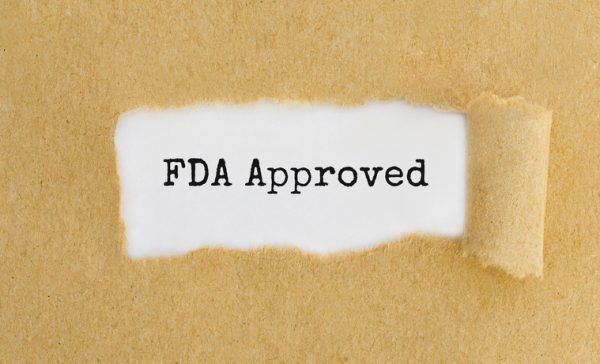
A British drugmaker and its Japanese partner have received the Food and Drug Administration’s go-ahead for a new drug to treat breast cancer.
London-based AstraZeneca and Tokyo-based Daiichi Sankyo said Monday they had won FDA accelerated approval for Enhertu (fam-trastuzumab deruxtecan-nxki) for unresectable or metastatic HER2 mutation-positive breast cancer who have received at least two prior HER2-targeting drugs for metastatic disease.

Changes in Nurse Staffing Answer Clinician Demands
The ongoing nursing shortage facilitates high turnover rates since nurses know they won’t have difficulties finding new jobs. In order to retain and attract staff, it’s in a facility’s best interest to understand what nurses want.
Other HER2-targeting drugs include Roche’s Herceptin (trastuzumab), Kadcyla (ado-trastuzumab emtansine) and Perjeta (pertuzumab), as well as Novartis’ small-molecule drug Tykerb (lapatinib). Like Kadcyla, Enhertu is an antibody-drug conjugate consisting of a HER2-targeting monoclonal antibody with an attached cytotoxic agent.
Enhertu’s approval comes only seven months after AstraZeneca and Daiichi Sankyo announced positive results from their Phase II DESTINY-Breast01 study, which met the primary endpoint of showing an improvement in clinical responses to therapy among patients, with the announcement itself coming only two months after the two companies signed a $6.9 billion deal to develop the drug. At the time of the May announcement, they did not indicate what the overall response rate was in the Phase II study. However, the data were disclosed earlier this month, with an ORR of 60.9%. They filed for FDA approval shortly after the May announcement, and the FDA accepted and gave priority review to their application in October.
Nevertheless, Enhertu is the subject of an ongoing legal battle between Daiichi Sankyo and Seattle Genetics over rights to antibody-drug conjugate technology. The Japanese drugmaker sued the Bothell, Washington-based biotech company last month after it said the latter laid claim to intellectual property rights related to Daiichi Sankyo’s antibody-drug conjugate products. In particular, Seattle Genetics alleges that the linker used to attach the cytotoxic agent to the antibody in Enhertu is an improvement over its own technology, a claim that Daiichi Sankyo has said is without merit. The companies had a partnership to develop antibody-drug conjugates between 2008 and 2015.
Seattle Genetics markets two antibody-drug conjugates: Adcetris (brentuximab vedotin), for Hodgkin’s lymphoma, and Padcev (enfortumab vedotin-ejfv), for which it and Japanese drugmaker Astellas Pharma won FDA approval last week.
Photo: Michail_Petrov-96








